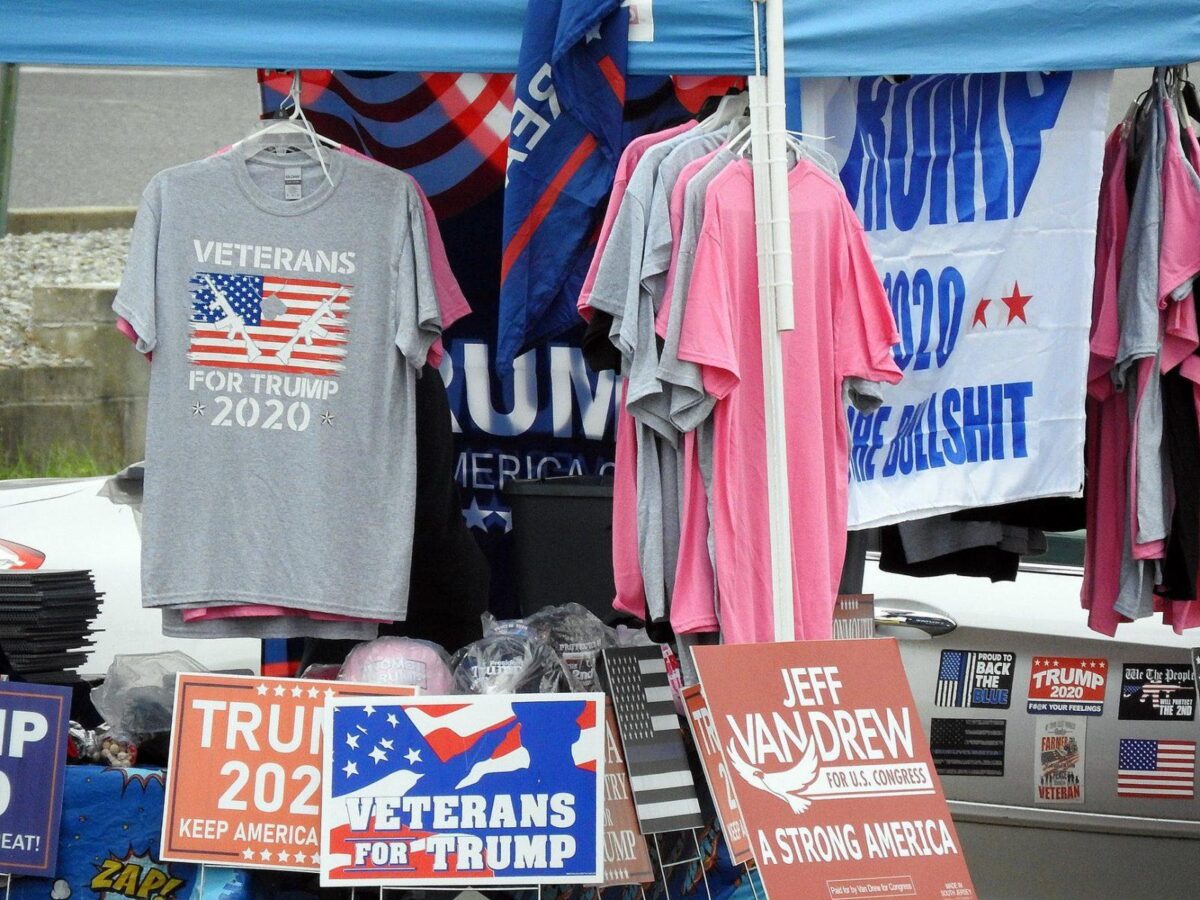The latest iteration of Trump’s attack on Section 230 of the Communications Decency Act, surprisingly, involves the military. In a set of late-night Tweets earlier this week, the President threatened not to sign the annual National Defense Authorization Act (NDAA) if Congress does not agree to repeal Section 230, the law that prevents internet companies like Twitter and Facebook from being held liable for the content published on their websites.
With only a handful of working days left before the end of the year, even just the threat that the President could not sign the NDAA represents a major setback for public spending plans. The annual bill generally receives bipartisan support and goes to national defense, including funding for military housing, hazard pay and healthcare for military personnel. This year a section of the bill also promised to rename military bases that were named after Confederate leaders. The bill had been passed within the House and Senate as of this week, and was on its way for a final signature from President Trump before being passed for 2021.
Trump’s fight to repeal Section 230 has been going on for months, ever since Twitter started adding disclaimers to some of his posts that might contain false or misleading information. The law, which effectively grants freedom of speech on the internet, prevents social media companies from being held legally liable for for the things their users say, as I said before. But that’s not why Trump is after it—a clause within Section 230 of the Communications Decency Act called the Good Samaritan Clause grants further legal protections for internet companies that choose to moderate the content on their sites.
Where Section 230 grants freedom of speech to users of apps like Twitter and Facebook, the Good Samaritan Clause protects the internet companies from being sued if they do decide to moderate content. The clause effectively allows companies like Facebook to flag the President’s Tweets, remove videos depicting mass shootings, and ban things like QAnon from being talked about on their platforms.
For months now, Trump has made baseless claims that social media companies like Twitter are censoring content that their owners don’t agree with politically. Companies like Facebook and Twitter have had to alter their terms and conditions in recent months (lest we see the end of democracy completely) to include verbiage about conspiracy theories and political misinformation. That the President and his supporters have overwhelmingly been targeted by these changes is a product of their own doing, not necessarily the social media companies.
Obviously social media companies don’t know in advance what sort of rampant internet trends are going to become legitimate threats to democracy, creating a seemingly endless game of whack-a-mole when it comes to misinformation on their platforms. The effect, though well-intentioned, ends up creating more harm when users are told that they’re being censored by political leaders. A fall 2020 story about Hunter Biden triggered Twitters moderators, which cited the censorship of the topic as a violation of its policy on potentially hacked materials. The move enraged GOP leaders and right-wing news outlets, pushing hundreds of thousands of Republican social media users to alternate platforms like Parler, which moderate user content very little, if at all.
Section 230 has nothing to do with the National Defense Authorization Act, though, and handfuls of political leaders have been outspoken in their anger toward the President for using the act as a bargaining chip in getting what he wants. It’s also worth noting that without Section 230, it doesn’t mean that Trump could say whatever he wants on Twitter and have it go unchecked, it just means that social networks could be held legally liable for the content on their platforms (which could end up backfiring on Trump).
The NDAA represents one of two major spending packages that needed to be passed before the end of the year, as well as the economic relief package that has been in limbo for months. Should Trump decide to Veto the NDAA bill, Congress would have to override his decision through a certain number of votes or put the bill at the top of the list for when Biden takes office in late-January. All of this being said, it’s unlikely that Trump would be able to effectively use the NDAA as a tool for getting what he wants—a Section 230 repeal—and have it work to his advantage. While it represents a major inconvenience that the President would not overwhelmingly support a financial package for the military, it doesn’t mean that it won’t go through if that happens.

